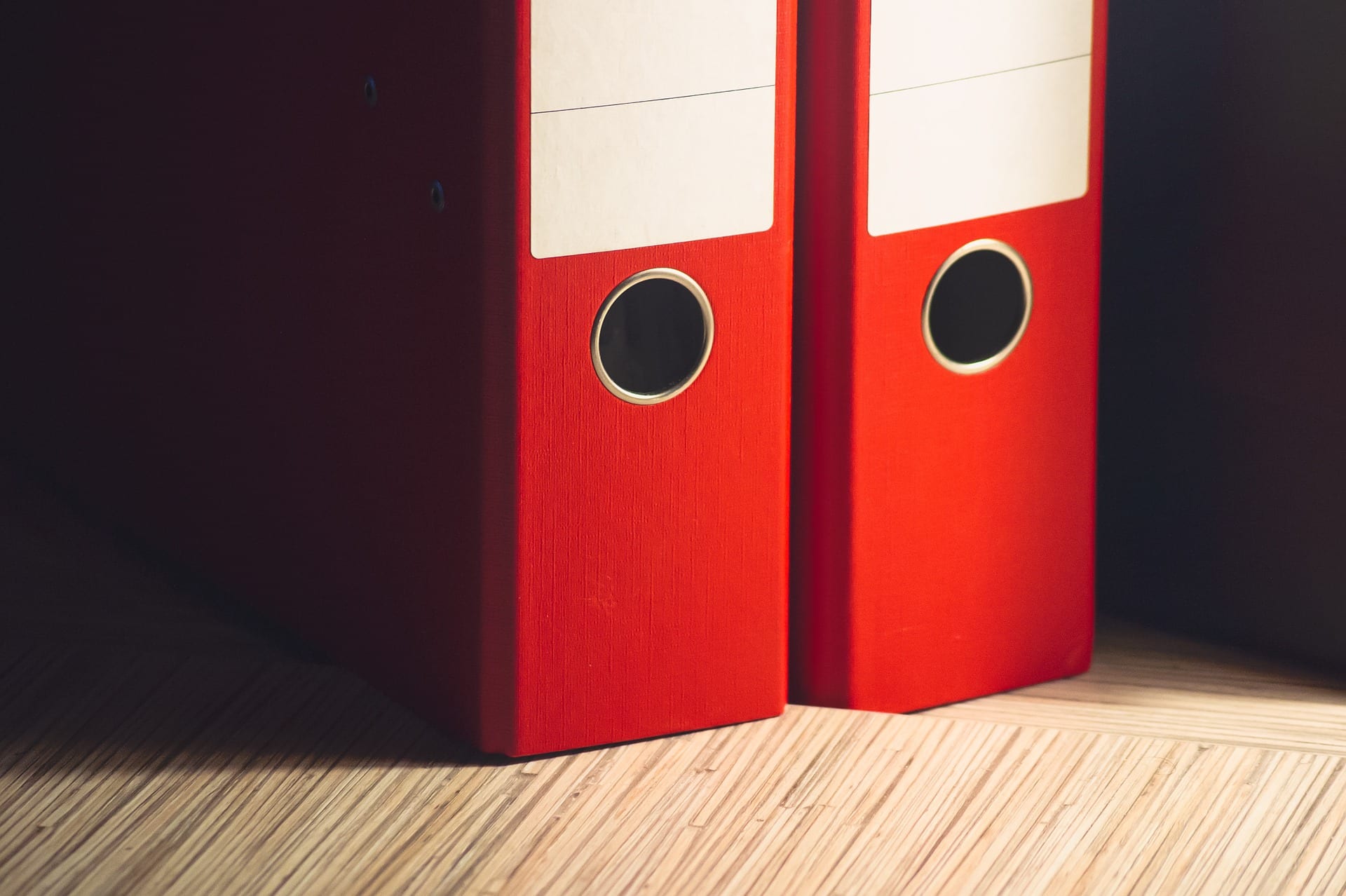Tips for Effective Record Keeping
Record keeping is a time-consuming but essential part of any small business. Here are some tips for effective record keeping.

Record keeping is a time-consuming, but essential part of any small business. To alleviate a little bit of the burden, Chartered Accountant Craig Ball reveals some methods to help you maintain your records and claim back GST and tax deductions from every business related-purchase you make.
Effective record keeping and the time spent in managing it, is one of the biggest gripes that I hear from my small business clients on a quarterly and annual basis. The vast majority of them are sole traders who spend 100% of their time in the business rather than on the business. This disproportionate mix has ended up costing them money (both GST and Tax).
To avoid this, you need to make the following happen:
- Understand how money flows through your business and why you need to keep good records
- Understand the main records you may need to keep
- Keep basic paper records
- Complete a cash payments book and a cash receipts book
Understanding the Money Flow
As a business, you engage in various activities whereby money flows through your business. Essentially, you have money coming into your business and money going out of your business. These money flows are called transactions.
In order to get an indication of your profit & loss position you need to understand the classification of each money flow transaction (either revenue or capital) to your particular business.
Records You Need to Keep
The most important reason for keeping good records, other than allowing you to monitor your businesses performance, is that it is a legal requirement. By law, you must keep business records for five years after they are prepared, obtained or you complete the transactions, whichever occurs latest and in English or in a form that the ATO can access and understand to work out the amount of tax you are liable to pay.
You will have to keep records for longer if you use information from those records in a later tax return – for example, if you claim a loss carried forward from a business activity in an earlier year. Under these circumstances, you must keep the records until the end of any period of review for that later return.
Keep Basic Paper Records
To enable you to keep on top of your reporting obligations, you need to keep basic paper records, i.e. purchase and sales invoices. A simple filing system that is updated on a weekly basis will enable you to have everything your accountant requires. The biggest cost in preparing financial accounts and tax returns is the time spent on sending the taxpayer a query list of invoices that need verification. Each time the accountant has to pick up and put down your particular file requires more time to become familiar with the issues again.
Complete a Cash Payments Book and a Cash Receipts Book
Again this will assist you in claiming the maximum tax deduction. If you keep a payments and receipts book noting down the amount and nature of the expenses it will allow the accountant to assess it for deductibility.
Unfortunately book keeping is part and parcel with running a business; however the benefits of doing it effectively far outweigh the cost of putting it in the too hard basket.
About Author Craig Ball
Craig Ball is a Charted Accountant at Bentley Partners with more than 7 years experience gained in mid tier firms in Brisbane, Sydney and Perth. He is passionate about tax and making sure that his clients receive the best available advice.